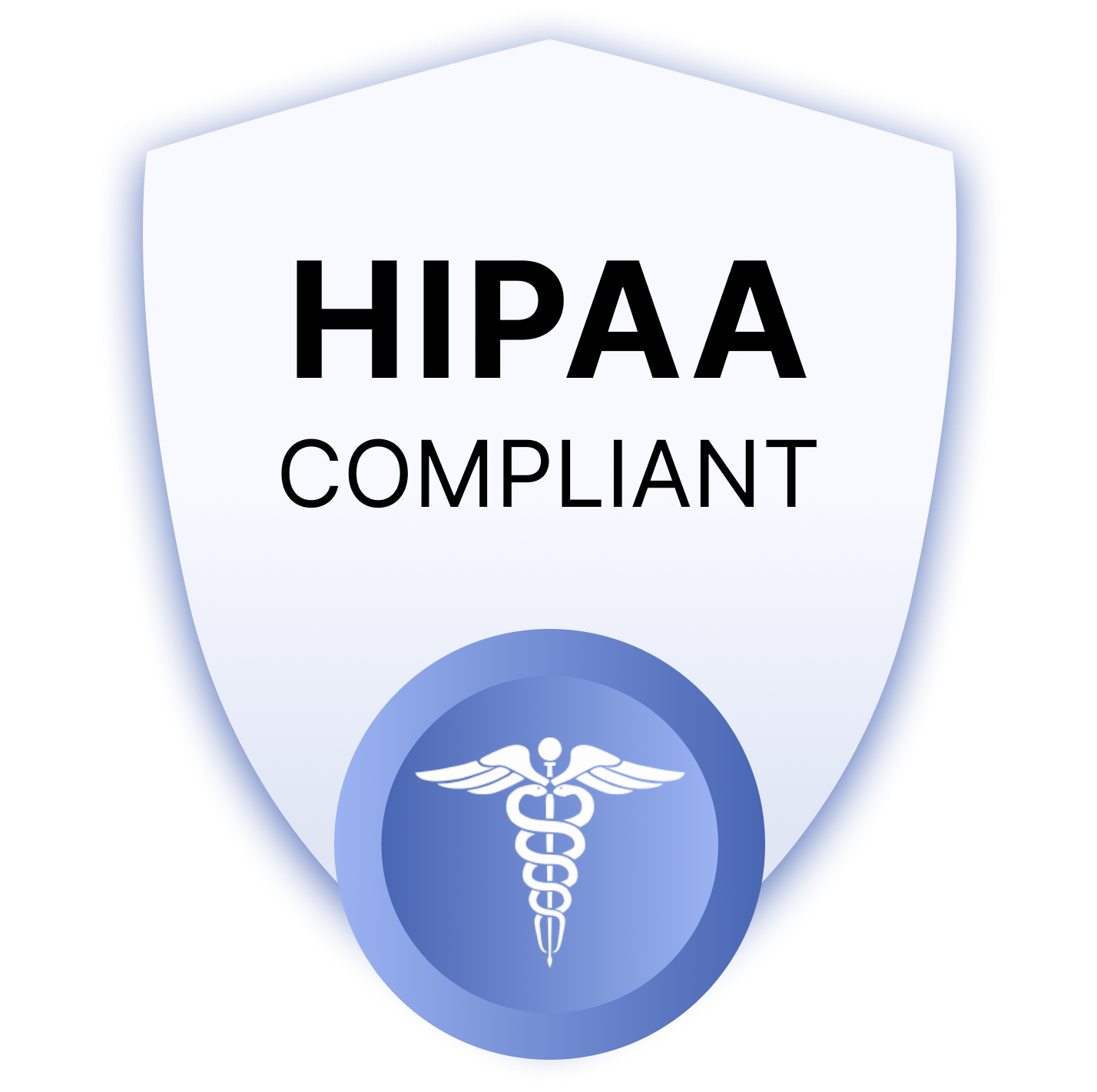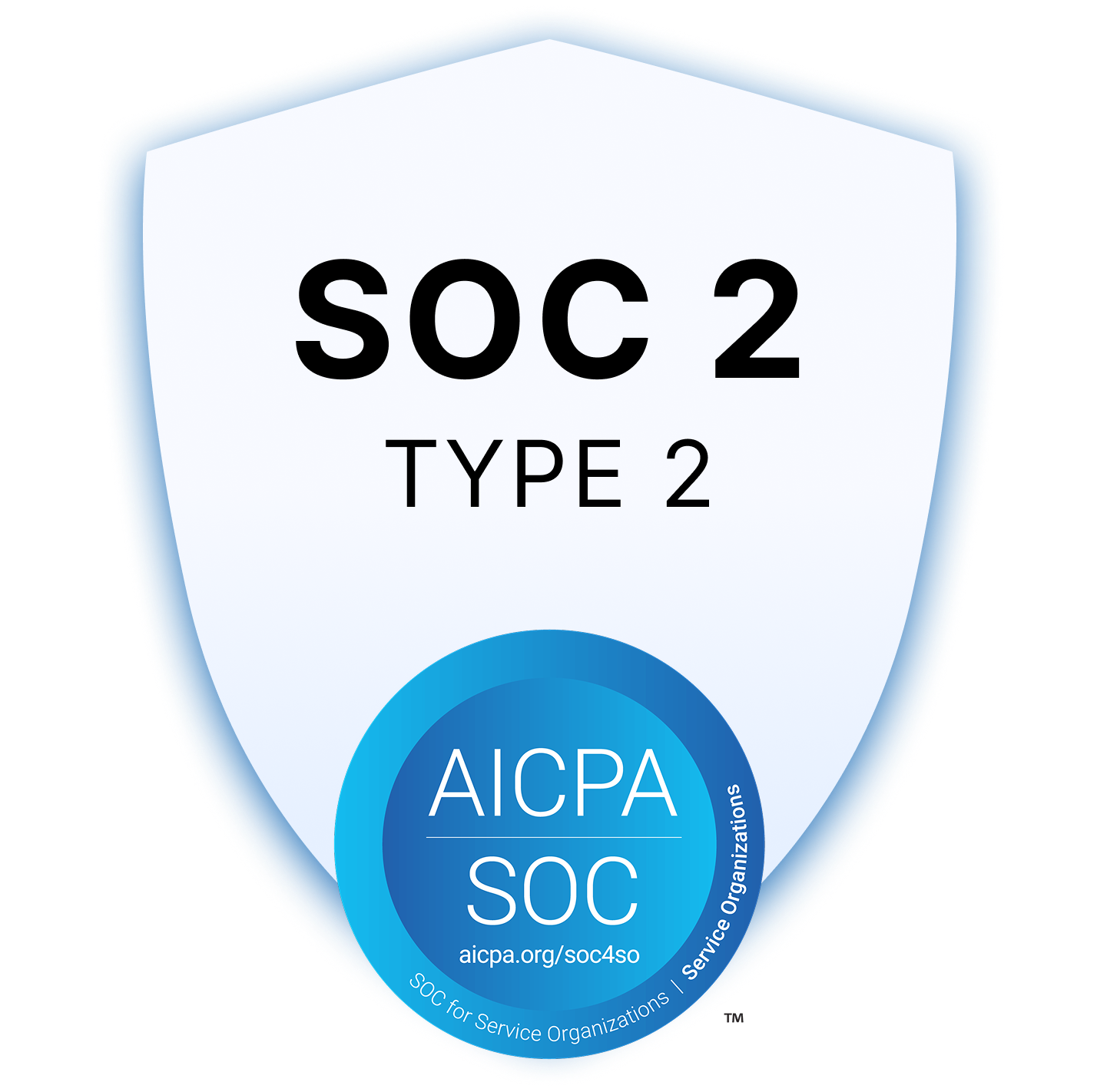
HIPAA Compliance
7 mins
HIPAA Privacy Officer Responsibilities, Duties and Qualifications
Summary
Your Competitors Are Embracing AI – Are You Falling Behind?
A HIPAA Privacy Officer plays a crucial role in ensuring the confidentiality and security of protected health information (PHI) within healthcare organizations. This position is responsible for the development, implementation, and oversight of privacy policies and procedures in accordance with the Health Insurance Portability and Accountability Act (HIPAA).
They serve as a central figure in managing patient privacy and compliance with federal regulations.
In this article, we will explore the responsibilities, qualifications, and challenges faced by a HIPAA Privacy Officer.

What Is a Privacy Officer in Healthcare?
In the context of healthcare, a Privacy Officer holds a crucial role in ensuring that patient information is handled in compliance with the Health Insurance Portability and Accountability Act (HIPAA). This role primarily involves the understanding and application of the Privacy Rule which mandates the protection of personal health information (PHI).
Duties and Responsibilities:
- Developing and implementing privacy policies
- Conducting HIPAA training for staff
- Managing patient data access
- Investigating and reporting breaches of PHI
- Serving as a point of contact for patient privacy inquiries
Designation Required by Law
HIPAA stipulates that covered entities must designate a Privacy Officer. This requirement underscores the importance of having a dedicated individual or individuals responsible for the extensive scope of privacy regulations in healthcare settings.
Qualities of a HIPAA Privacy Officer
- In-depth knowledge of HIPAA regulations
- Attentive to changes in privacy legislation
- Skilled in risk management and incident response
The role of a HIPAA Privacy Officer is a dynamic position integral to the healthcare industry's commitment to patient privacy and compliance with legal standards. Employing a confident and knowledgeable officer ensures adherence to the complex framework of HIPAA rules and fosters trust in the healthcare system’s capability to secure sensitive patient information.
Does HIPAA Require a Privacy Officer?
Under the Health Insurance Portability and Accountability Act (HIPAA), covered entities are required to designate a HIPAA Privacy Officer. This appointment is mandatory for healthcare providers, health plans, and healthcare clearinghouses that deal with Protected Health Information (PHI). The Privacy Officer's role is to ensure that the organization complies with the HIPAA Privacy Rule's standards and implementation specifications.
Specific responsibilities of a HIPAA Privacy Officer include:
- Developing and implementing privacy policies.
- Providing staff training on the HIPAA Privacy Rule.
- Addressing patient privacy inquiries.
- Managing data privacy and security incident assessments.
- Overseeing the handling of requests for medical records.
In addition to these duties, the Privacy Officer serves as the point of contact between the organization and the Office for Civil Rights (OCR) during investigations or audits related to privacy issues.
For smaller organizations or those who may not have the resources for a dedicated Privacy Officer, the role can be assigned to an existing staff member. However, the selected individual must still possess the necessary expertise to fulfill the responsibilities effectively.
Regarding business associates of covered entities, they are also expected to safeguard PHI. While it's not explicitly stated that they must have a Privacy Officer, they must have someone who ensures compliance with HIPAA rules, which can function similarly to a Privacy Officer's responsibilities.
HIPAA Privacy Officer Responsibilities and Duties
A HIPAA Privacy Officer plays a critical role in ensuring that a healthcare organization complies with the Health Insurance Portability and Accountability Act (HIPAA) Privacy Rule.
Below are the key responsibilities and duties often found in a HIPAA Privacy Officer's job description.
- Development of Policies: They are tasked with creating and revising privacy policies that comply with federal and state laws.
- Training and Education: They conduct training sessions for employees on privacy policies and procedures.
- Incident Management: The officer investigates and responds to privacy incidents and breaches.
- Communication: They act as a point of contact for all privacy-related inquiries.
- Compliance Audits: Regular internal audits are managed to ensure adherence to privacy practices.
- Documentation: Maintaining comprehensive records of privacy practices, incidents, and corrective actions is a staple duty.
- Coordination with Security Officer: They collaborate with the security officer to safeguard protected health information (PHI).
- Reporting: The officer provides reports on privacy compliance to senior management.
Counted among the privacy officer's core responsibilities is the commitment to privacy laws and the seamless weaving of these commitments into the fabric of the organization. They ensure the confidentiality, integrity, and accessibility of patient information while balancing patient care and privacy.
5 Qualifications and Skills for HIPAA Privacy Officers
1. Educational Background
A foundational qualification for a HIPAA Privacy Officer is a bachelor's degree in healthcare administration, information management, or a related field. Some employers may require an advanced degree such as a JD, MBA, or MHA.
2. Knowledge of HIPAA Regulations
It is essential they have a comprehensive understanding of the Health Insurance Portability and Accountability Act (HIPAA) rules and regulations. This knowledge ensures compliance and effective implementation of privacy practices.
3. Experience in Healthcare
Candidates often need experience working in the healthcare sector, understanding the flow of patient information, and recognizing common privacy challenges.
- Entry-Level: Understanding of healthcare operations
- Mid-Level: Practical experience in handling health records
- Senior-Level: Proven track record of managing privacy policies
4. Risk Management Skills
They should be adept at identifying, analyzing, and mitigating risks related to patient privacy and confidentiality. This skill includes conducting regular assessments and responding to privacy incidents.
5. Communication and Training Ability
Clear, effective communication skills are crucial for educating staff on privacy policies and procedures. They must also possess the ability to develop training programs that are comprehensive and accessible to all employees.
How to Select a Good HIPAA Privacy Officer for Your Healthcare Organization
Qualifications and Experience
A HIPAA Privacy Officer should have a strong background in health information management and a deep understanding of HIPAA regulations. They ideally hold certifications such as Certified in Healthcare Privacy and Security (CHPS) or Certified Information Privacy Professional (CIPP). Previous experience in healthcare compliance is essential.
Knowledge and Skills
They must possess thorough knowledge of patient privacy laws and the ability to implement policies that comply with HIPAA standards. Strong organizational skills coupled with an aptitude for detailed record-keeping are crucial. Communication skills are equally important, as the Privacy Officer will need to effectively train and guide staff on compliance matters.
Responsibilities
The Privacy Officer is responsible for developing and maintaining privacy policies, conducting HIPAA training sessions, and investigating any breach of patient information. They should be capable of conducting regular audits and risk assessments to ensure continuous compliance.
Hiring Process
It is advised to form a hiring committee with members from legal, human resources, and clinical departments to evaluate candidates. Using a scoring system for applicants based on their experience, educational background, and interview performance can help in the selection process. Interviews should include scenario-based questions to assess problem-solving abilities.
Key Takeaways About HIPAA Privacy Officer Requirements
The Health Insurance Portability and Accountability Act (HIPAA) mandates that covered entities must designate a HIPAA Privacy Officer. This role is critical to ensure the organization’s compliance with HIPAA privacy rules.
Entities must ensure that their HIPAA Privacy Officer is equipped with the resources and authority to fulfill their responsibilities effectively. Moreover, the privacy officer's role includes interaction with government officials for reporting and policy clarification.
FAQs
What Is the Difference Between a HIPAA Privacy and Compliance Officers?
A HIPAA Privacy Officer focuses on developing and implementing privacy policies that comply with HIPAA regulations concerning PHI. They are responsible for training staff, managing patient rights, and overseeing the use and disclosure of PHI.
In contrast, a HIPAA Compliance Officer generally has a broader role. This role involves ensuring that all aspects of the organization comply with HIPAA regulations, which includes privacy, security, and transaction rules. The compliance officer often oversees the privacy officer and other aspects of the organization's HIPAA-related activities.
Can a Privacy Officer and a Security Officer Be the Same Person?
It is possible for the Privacy Officer and Security Officer roles to be filled by the same individual, particularly in smaller organizations where resources may be limited. However, while the responsibilities can overlap, the roles do carry different focuses:
- Privacy Officer: Ensures compliance with privacy policies and the use and disclosure of PHI.
- Security Officer: Focuses on the protection of PHI from unauthorized access, breaches, and other security incidents.
For larger organizations, these roles are often separated to ensure sufficient attention is given to the unique aspects of privacy and security compliance.
Who Reports to a HIPAA Privacy Officer?
The HIPAA Privacy Officer typically receives reports from employees involved in the handling of PHI. It is common for this officer to work closely with departments such as:
- Human Resources
- IT Department
- Health Information Management (HIM)
- Compliance Department
Employees within these departments report incidents, breaches, and compliance issues related to the privacy of PHI directly to the HIPAA Privacy Officer. The officer also liaises with legal counsel to address potential HIPAA violations or legal concerns regarding PHI.
Here's how to automate everything from intake to billing. Faster care, fewer errors, no developers needed.
Related Articles












